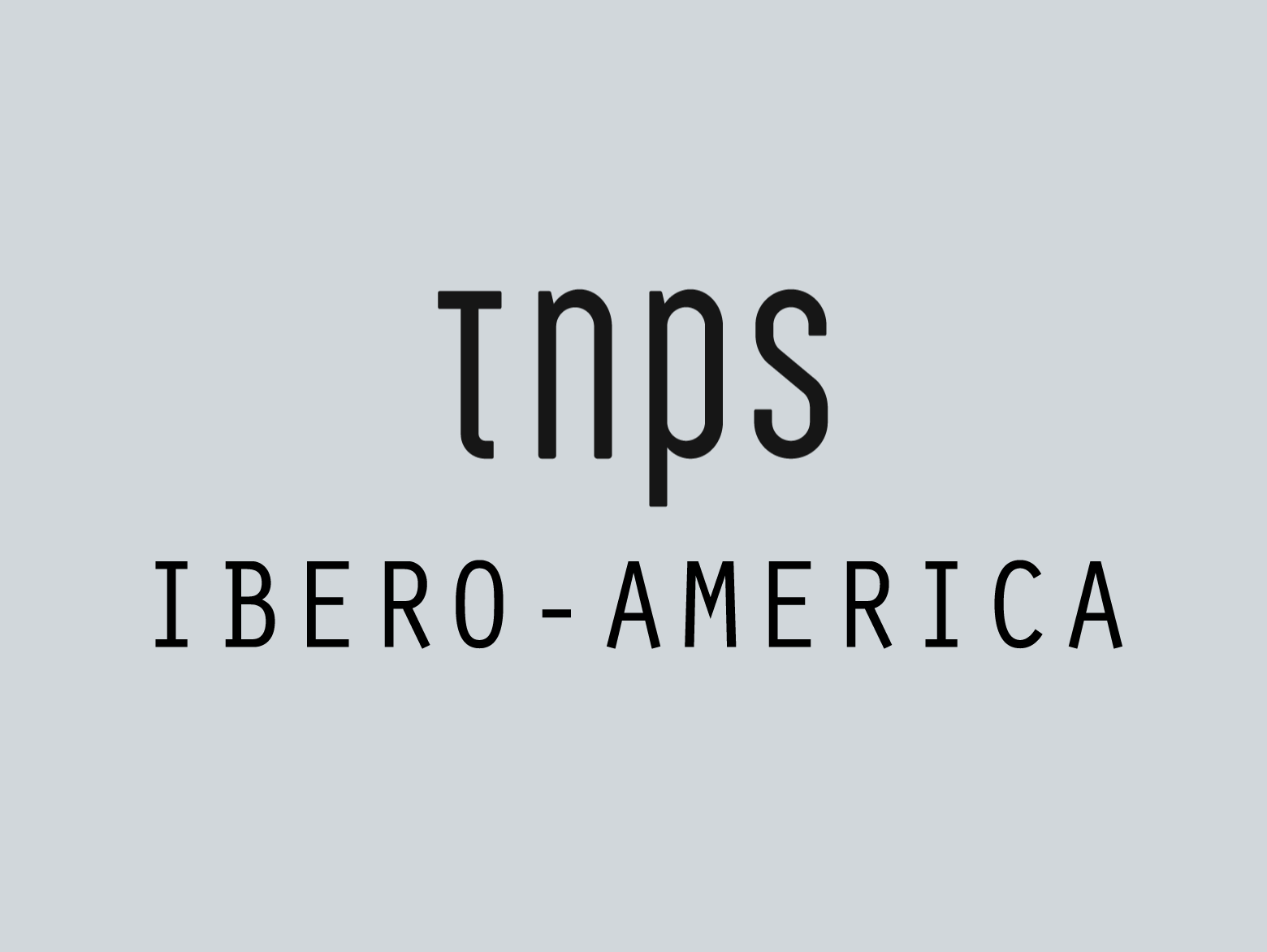When the Bowker ISBN report first emerged earlier this month The Passive Voice blog ran with the story, and the usual questions were raised in comments about the validity of the conclusions.
Not to question Bowker’s numbers – Bowker obviously knows how many ISBNs are bought and / or registered – but to question how much of an insight the numbers give us into the state of the US ebook industry, in mind the majority of self-published authors don’t use them.
With the Big 5 publishers comfortable with slowly declining ebook sales, the question rises what is happening in the wider ebook market that isn’t tracked by “Big Pub” stat-counters like Bowker?
In the course of comments on this and another story carried by The Passive Voice, the numbers man behind the Author Earnings Reports, Data Guy, popped up to offer some insights.
Promising another Author Earnings Report before the year is over, Data Guy revealed he has been tracking “pretty much every single online book sale in the US every day: ebook, print and audio,” working with hundreds of millions of data.
The results, Data Guy assured us, will “drop jaws throughout the industry.”
To whet our appetite, and in response to the idea that ebook sales are in decline, Data Guy shared with us some tantalising snippets, none of which were jaw-dropping (he’ll be saving that for the big report) but many of which may raise a few eyebrows.
- US consumer ebooks purchase dollars in last 6 months: $1.6 billion
- Amount accounted for by all traditional publishers (including tiny micropresses): $950 million
- Amount accounted for by “major” traditional publishers (Big 5 and next tier down like Scholastic and HMH): $ 750 million
Data Guy concluded,
while ebooks represent only 20% of “major publisher” sales, specifically, in actuality they make up a much greater share of the overall US consumer market.
Data Guy elaborated on other areas too:
- Academic and textbook publishers – including giants like Cengage and Pearson – are seeing their sales shift to ebooks at a rapid rate
- Amazon publishing imprints punch far above their own weight in title count
- JK Rowling’s self-published Harry Potter books, which I have now moved into their own category called “Single-Author-Mega-Imprint,” grabbed a little more than half a percent of the entire US ebook consumer market spend over the past six months
Data Guy concluded
when you factor those other categories out, you end up for the last six months at roughly ~$300 million in verified indie sales and another ~100 million in uncategorized single-author-publisher and few-author-publisher sales.
While the shift from textbooks to ebooks may come as a surprise to some, the fact that Amazon’s imprints are doing well in the Amazon store will surprise no-one, leaving only the question of just how well they are doing.
What took me aback was the suggestion that JK Rowling is “self-publishing” her ebooks and that the Harry Potter ebooks are therefore included in the self-published total.. That seems to stretch the definition of self-publishing beyond any reasonable boundary.
Yes, Rowling wrote the books, and yes, she also owns the publishing company, but, even leaving aside these books were previously edited, proofed, etc by her mainstream publisher, how is that self-publishing? If the CEOs of Penguin Random House or Simon & Schuster write a book and publish it using their company’s facilities, is that self-publishing? I somehow think the indie movement would be clamouring to say no.
Asked about print sales in the US, Data Guy looked at six months worth of Amazon online print sales data (exact period not defined) and reported:
- 110.7 million units sold for $1.995 billion
Of those, CreateSpace POD accounted for
- 65,375 unique titles sold, amounting to 8%
- 4.48 million units (4% of the total online print sales on Amazon) (8% of unique titles).
- $42.3 million (2.2% of the total online print consumer spend)
CreateSpace, Data Guy reported, was the publisher of record (ie the author used the free ISBN provided by CreateSpace) for:
- 46,749 unique titles (5.7% of unique print titles sold)
- 2.77 million units (2.5% of total online print sales)
- $22.1 million (1.1% of total online consumer spend on print books)
Data Guy wound up with a reminder that while CreateSpace books enrolled in Expanded Distribution will have their sales recorded by the likes of BookScan, CreateSpace titles only sold on Amazon and not elsewhere will not be recorded by the industry stat-counters
Data Guy’s numbers for the POD titles sold on Amazon but not recorded for industry stats?
- 18,521 titles (5.7% of unique print titles sold)
- 1.22 million units (1.1% of total online print sales)
- $10.0 million (0.5% of total online print spend)
All the above quotes can be found in the comments section of The Passive Voice blogs from 12 October 2017 and 16 October 2017.
http://www.thepassivevoice.com/2017/10/self-publishing-isbns-climbed-8-percent-between-2015-and-2016/
http://www.thepassivevoice.com/2017/10/major-publishers-proclaim-ebooks-represent-20-of-total-sales/
16 October





